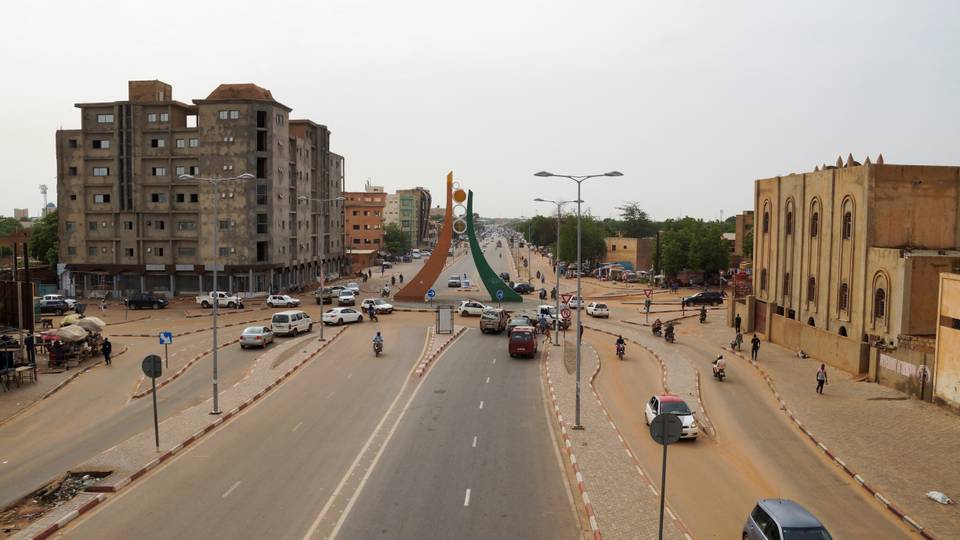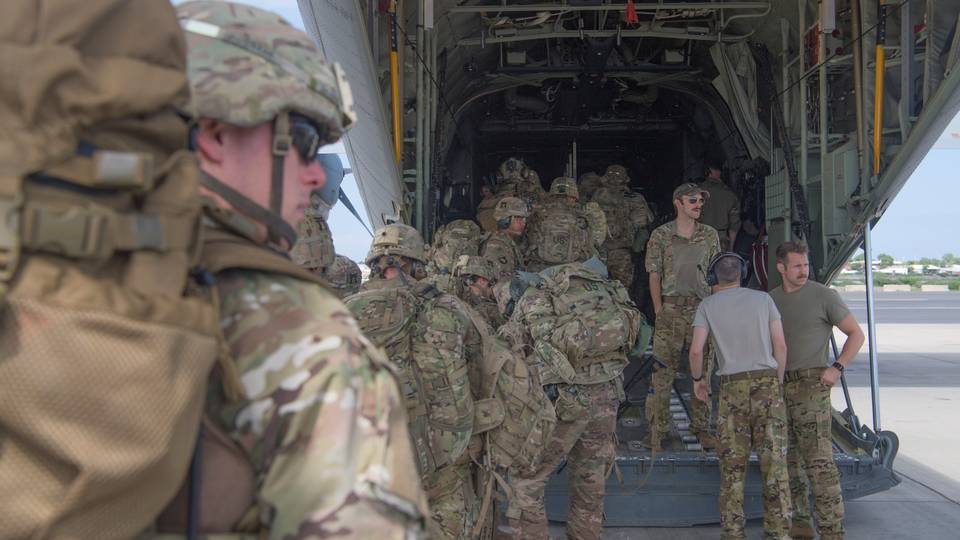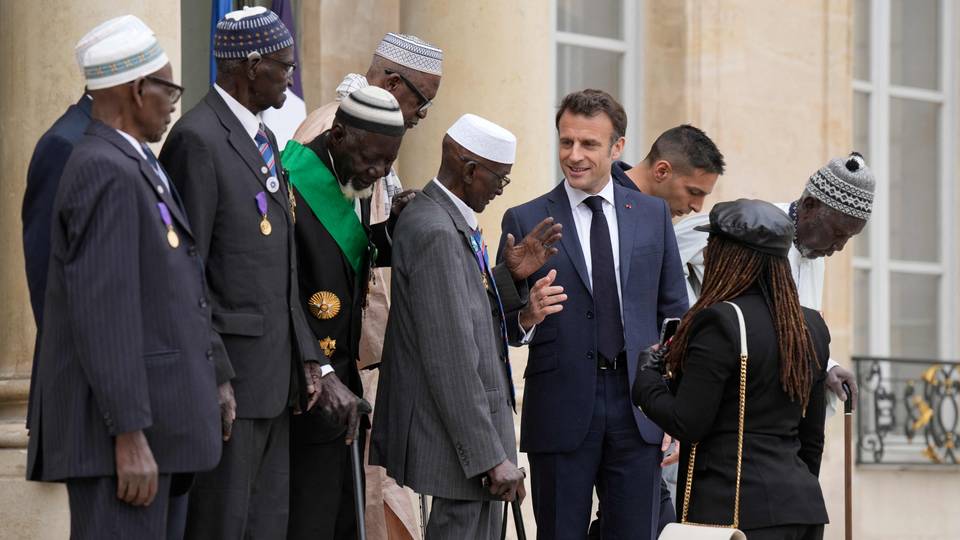Dollar
35,4671
0.03 %Euro
36,3116
-0.19 %Gram Gold
3.061,2300
-0.11 %Quarter Gold
5.000,4700
0.00 %Silver
34,5100
-0.17 %Mali, Burkina Faso and Niger's concerted move to give African names to streets and public squares that still bear the vestiges of French colonialism has evoked mixed reactions within the Alliance of Sahel States.

By Firmain Eric Mbadinga
History is replete with instances of countries changing the names of cities, streets and landmarks for various reasons, often to reclaim a nation's cultural identity or assert its sovereignty.
These changes invariably come in the wake of significant socio-political shifts, such as the end of colonial rule, the overthrow of a regime, or the unification of a region.
Military authorities in Mali, Burkina Faso and Niger have gone ahead with their plans to change the names of streets in many of their cities in their quest for identity and emancipation.
Burkina Faso's transitional military ruler, Captain Ibrahim Traoré, his Niger counterpart Abdourahamane Tchiani, and General Assimi Goita of Mali have all decided to remove the names of generals and political figures of the French colonial era from public buildings and avenues.
Famous French names like Charles de Gaulle, Louis Faidherbe and Michel de Montaigne are among those erased in countries of the Alliance des États du Sahel (Alliance of Sahel States).
There have been tensions between the three countries and France. They accuse the former colonial ruler of political and territorial destabilisation.
Growing antagonism
In 2022, Mali's minister of foreign affairs, Abdoulaye Diop, informed the United Nations that his country could "provide evidence of acts of espionage and destabilisation carried out by France".
More recently, the three countries made similar statements underlining the alleged instrumentalisation of the regional bloc ECOWAS by France with the aim of disrupting their economic systems.
As the process of 'Africanising' the names of streets and monuments gains momentum, Burkina Faso cites the primacy of African heritage as the reason for giving landmarks bearing French names a new identity.
In October 2023, Boulevard Charles de Gaulle in the capital city of Ouagadougou was officially renamed Boulevard Thomas Sankara after the country's assassinated former President.

Just over a year later, Niger renamed Avenue Charles de Gaulle in Niamey after Djibo Bakary, a key figure in the country's fight for independence.
Mali followed suit on December 19, renaming Avenue de la Cedeao (the French acronym for ECOWAS) in Bamako after AES to complete the circle of change.
Differing viewpoints
The traditional Mali square in front of the National Assembly showcases the Mali of yesteryear, with representations of artists and religion, similar to the famous Djenné Mosque.
L'obélisque des idéogrammes in Bamako features Sundiata Keita's most famous quote in Nko script, "The boat Mali may rock, but it will never capsize."
Tchanga Chérif Tchouloumbo, a student from Niamey, appears torn between stoicism and indifference.
He believes addressing the country's pressing issues should precede renaming streets and other landmarks.
Tchouloumbo and Doumbia admit to being more concerned about their leaders' ability to improve purchasing power and ensure security.
In contrast, Issa Ibrahim Alou from Niamey is convinced about the relevance of the process of Africanisation in his country, Mali and Burkina Faso.
"We, the Nigerien Youth Association for Development, have always wanted this measure. Now that it is happening, we view it as a good thing. We commend the transitional authorities as this process of Africanisation is part of the struggle for our sovereignty," he tells TRT Afrika.

Beyond geographies
Dr Massamba Guèye, a researcher, writer and founder of the Maison de l'Oralité et du Patrimoine based in Senegal's Dakar, believes it is an issue that transcends regimes or geopolitical divisions.
He believes the topic should primarily be approached from the identity and cultural heritage perspective "In my view, the colonisers should not be treated as heroes in Africa.
When a street is named after a character, it is so that new generations must refer to them as a model.
It would be inappropriate to treat someone who enslaved our ancestors as an icon," says Dr Guèye.
"For a real work of memorial appropriation, it would be necessary to involve the populations and ensure that when a street is renamed, it is given back its original name. It would also be necessary to include a mark of erasure of the names of the colonial period."
The first initiatives of Africanisation or renaming date back to the 1970s, with former President Mobutu Sese Seko of the Democratic Republic of Congo giving up his Western first name, Joseph-Désiré.
Homes and public places also needed to bear typically African names.
Famous Pan-Africanist leader Captain Thomas Sankara sowed the seeds of Africanisation by changing the name of his country, at the time Upper Volta, to Burkina Faso.
Political and security risk analyst Mubarak Aliyu believes the trend stems from two main factors — a one-sided economic partnership between France and its former colonies and French military influence in certain countries.
According to some experts, the existence of obscure influence networks such as France-Afrique is another trigger. .
➤ Click here to follow our WhatsApp channel for more stories.




















Comment